Dubai has emerged as a destination for elite international schools, which are attracted by the city’s diverse and rapidly growing population, as well as its strategic location and strong economy, according to a recent Dubai government report.
The school sector in Dubai continues to record steady growth, the report states, with four new private schools opening in the 2022-2023 academic year. The new schools will offer 7,000 additional places across three curricula: the British curriculum, the American curriculum, and the International Baccalaureate curriculum.
In April this year, enrolment in Dubai’s private schools crossed 300,000, the highest ever in its history, consolidating its emergence as a prominent education destination.
And the students being taught are a diverse mix, with the Dubai school regulator, the Knowledge and Human Development Authority (KHDA), reporting that private school students in Dubai represent 187 nationalities. This has particularly attracted elite schools from all over the world, and Dubai now hosts 10 branches of prestigious international schools, including Durham School Dubai – which had its official opening ceremony today – as well as Royal Grammar School Guildford Dubai, Kent College, Brighton College Dubai, Brighton College Abu Dhabi and Brighton College Al Ain, among others.
His Excellency Dr Abdulla Al Karam, Director General of the Knowledge and Human Development Authority in Dubai, said:
“Dubai’s private education sector is characterised by the diversity of its students, its curricula and the choices it offers parents from different communities. This diversity drives further growth by attracting experienced and passionate teachers, and new families who come to Dubai for the world-class education their children will receive.”
This rise in students at Dubai schools is part of a wider trend of population growth in the emirate. Dubai’s population has now passed the 3.5 million mark – Dubai Statistics Centre’s live population counter currently stands at 3,526,136 – representing a steady increase over the emirate’s history. Between 1960 and 2020, the number of people living in Dubai skyrocketed from 40,000 in 1960 to 3.3 million by the end of 2020 – and the plan is for the population to hit 5.8 million by 2040, with major city-expansion plans in the pipeline.
Catering to a diverse education community
Dubai has seen a marked rise in the number of schools catering to specific communities in recent years, driven by its growth as a business, investment and talent hub and its rising role as a bridge between markets and cultures. In just the past three years, 21 new private schools have opened in Dubai, taking the total number of schools in the sector to 215 and international curriculum choices to 18.
Most popular curricula in Dubai
- UK curriculum schools (35%)
- Indian curriculum (26%)
- US curriculum schools (16%)
- International Baccalaureate (6%)
It’s not all about the financials. Investors and educators around the world are looking at Dubai as a promising location for implementing high-quality educational models that integrate national curricula with a global outlook. Dubai is increasingly seen as perfectly positioned to develop models of education that bridge cultures. The Chinese School in Dubai, for example, seeks to foster high-level learning and innovation among students while helping them develop an international vision. In addition to the Chinese curriculum, the school offers students Arabic as second language, Islamic studies, moral education and local studies based on the UAE’s national curriculum. Although it has mainly focused on serving the Chinese community in the emirate, the not-for-profit school is also opening its doors to students from other nationalities.
In another recent school launch that validates the city’s investment appeal in the education sector, Britain’s prestigious 500-year-old Royal Grammar School Guildford opened in the city. The school is ranked as one of the top schools in the UK at both A Level and GCSE. In its first academic year in 2021-22, Royal Grammar School Guildford, located in the Tilal Al Ghaf development, had already enrolled 250 students.
One of Britain’s oldest schools, Durham School Dubai, a celebrated institution with a 600-year history of academic excellence, is also the latest among a host of new elite international learning institutions that have chosen Dubai to establish an overseas branch. Founded in 1414, and refounded in 1541 by King Henry VIII, the highly respected school has only two other international branches elsewhere in the world. Located in Dubai Investments Park, the school has a capacity to cater to 1,700 pupils.
Dubai also recently saw the establishment of its first-ever Australian curriculum school. Located in Al Barsha South, the Australian International School opened its Dubai campus at the start of the 2021-22 academic year. With a capacity to serve 2000 students, the school offers a future-focused curriculum to help students develop a deeper understanding about the world around them and their place in it. The multi-facility school offers multiple pathways for graduating students, including a Queensland Certificate of Education or IB Diploma.
The world in one city
Dubai is home to a wide range of schools established for specific communities, which have thrived in a vibrant and supportive educational environment. The Japanese School is an example of an institution that offers a traditional curriculum and a unique Japanese cultural experience in Dubai. Established in 1980, the Japanese School seeks to enable students to adapt to the Japanese education system once they return to Japan. Currently catering to around 146 students, the school, situated in Al Wasl, provides private education for boys and girls from Primary to Junior High, aged six to 15 years. Following the prescribed Japanese Ministry of Education curriculum, the school’s goal is to provide an enriched learning environment for its students.
Another long-standing institution is the German School Dubai (Deutsche Internationale Schule Dubai – DISD), which was established in 2008 in response to the demand from the emirate’s sizeable German community. Currently catering to a total of 820 students, the majority of whom are native German speakers, the private K-12 school, located in Academic City, offers the curriculum of the German Federal State of Thüringen with certain subjects taught in Arabic and English. The school has fully adopted new technologies, including augmented reality and coding while also paying attention to the wellbeing of the school community. Innovation in learning is a central theme that runs across the school’s programmes.
The Russian International School located in Muhaisnah is yet another long-established school. First set up in 1996, the school teaches the Russian curriculum to 174 students, the majority of whom are Russian nationals. It is the only school in the UAE where Russian educational programmes are taught and the federal policy of general education in the Russian Federation is implemented. Offering an education from the equivalent of KG1 to Grade 11, the school offers a curriculum leading to the Volograd leaving examinations. Over the last 25 years, RIS’ graduates have successfully pursued higher education qualifications at universities in Russia, the UAE, USA, the Netherlands, and Asia. While the curriculum is taught in Russian, the school also teaches its students Arabic and English.
The outlook?
With the global outlook looking precarious, with inflation seen as a major risk in Western economies, the outlook in the Middle East, as it establishes its strengths in the education space over alternatives in, for example, Singapore and (historically, at least) Hong Kong, seems well placed to buck the trend.
In its new phase of economic growth, Dubai seems set to continue to grow as an educational destination offering diverse schooling choices, in parallel with its growth as an investment, innovation and commercial hub. Steadily keeping pace with new advancements in educational models, methodologies and technologies, Dubai is set to further raise its profile as a hub for elite schools from around the world as they test and refine outstanding models of education that link cultures and establish the benchmark for international education. Of course, profitability is a motive – but to see profit as the key driver would be significantly underestimate the considerable and proven strengths of a region that has built a first-class reputation through its outstanding regulators, attraction for world class teachers and school leaders – and an environment that truly welcomes innovation and the future, rather than crushing it.
Read more on parents choosing big brand Tier 1 schools
Read our views on whether big school brands make a difference
© SchoolsCompared.com. 2022. All rights reserved.




















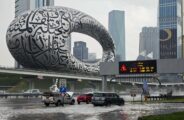






















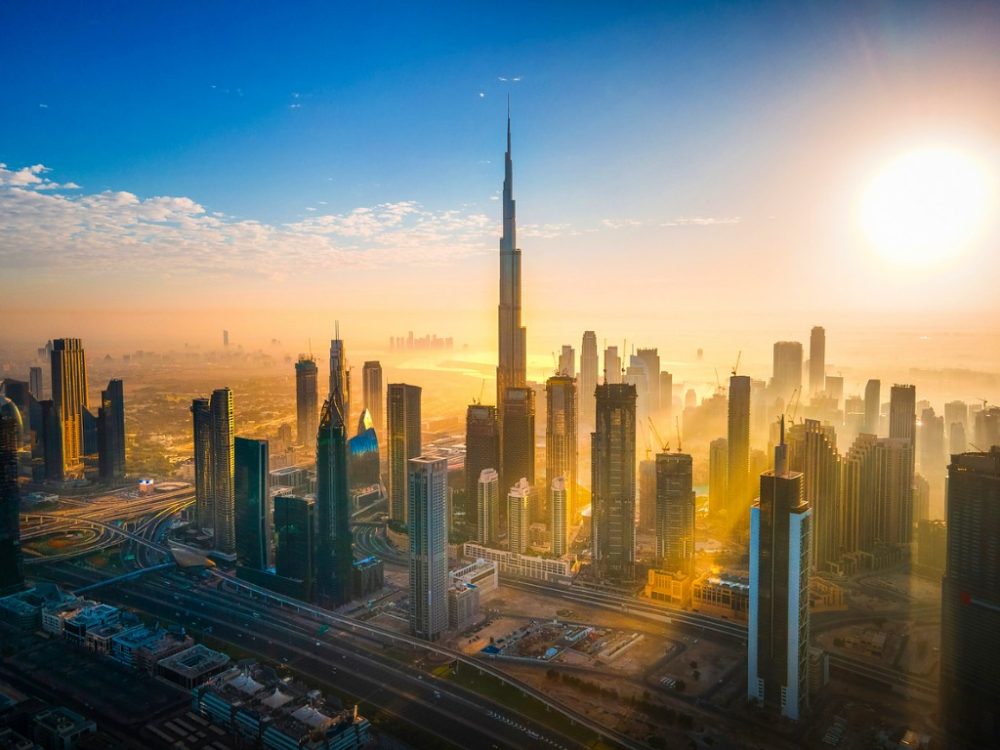


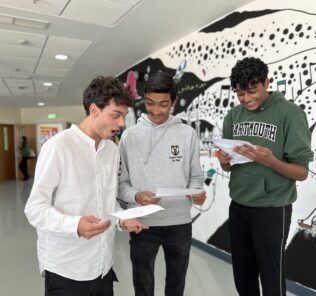
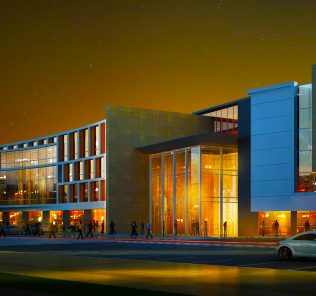
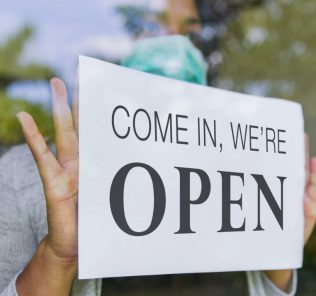
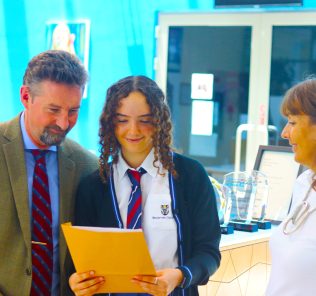
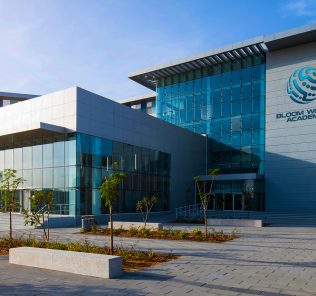

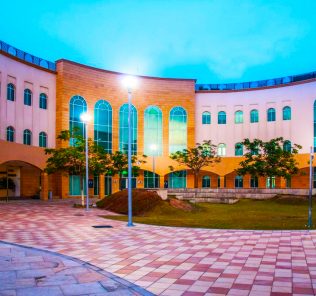
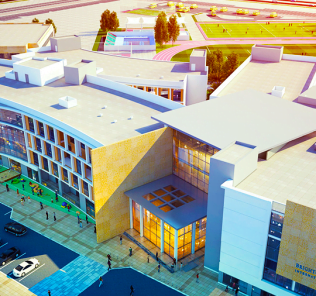












Leave a Response